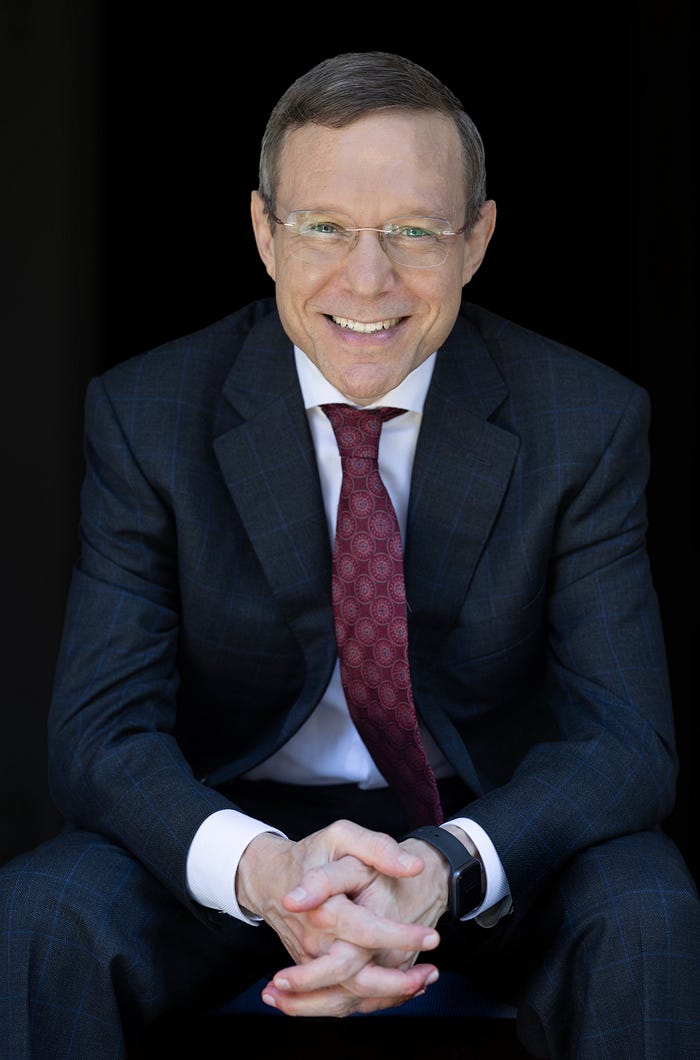
Shortly after Harvard’s President Claudine Gay announced her resignation today, I received an avalanche of requests from reporters for my comments. Here is my take on the unfortunate turmoil that we are in.
First, let me offer some perspective. When I communicated with Harvard faculty who signed the petition to keep Claudine Gay as President on December 10–11, 2023, I forecasted that Harvard’s Corporation would support her as well, and that the friction with the outside world will only intensify and make it impossible for Claudine to fulfil her duties as president in two major ways: raising funds and maintaining good relations with Washington DC. This forecast had nothing to do with ideology. It was based on a practical assessment of an inevitable outcome. Unfortunately for all of us, both of my predictions came true within merely three weeks.
The argument raised by my colleagues of not surrendering to outside pressure is a common miscalculation by like-minded people within an intellectual bubble that is detached from the outside world. When subjected to a stress test, a self-justifying bubble of this type would burst. But until the bitter end, its advocates insist on maintaining course because any other step would signal weakness or admission in past mistakes. The problem is that reality bites those who deny it rather than adapt to it.
While serving as chair of the Harvard Astronomy Department for three terms between 2011–2020, I was often asked for advice on how to resolve difficult situations. My response was “by avoiding them in the first place.” The mark of good leadership is the ability to navigate away from a crisis of the type that we are in right now.
The responsibility for the current turmoil lies not just with Harvard’s President but also with Harvard’s Corporation. Today, the Corporation issued a statement. This statement is about the past. There is a dire need for a fresh statement about Harvard’s future.
The Corporation should not only appoint a new President but also come up with a vision to restore Harvard’s prestige, which was damaged in recent months. What should this new vision entail?
In my view, two ingredients are of utmost relevance for the new vision. First, Harvard should strive to maintain scholarly excellence of faculty and students rather than compromise some of it on the altar of a political agenda. Second, Harvard should aim to represent the multitude of views that characterize American society. This principle would promote diversity of mindsets and backgrounds from where Harvard would draw the best faculty and students. As of now, the intellectual culture on the Harvard campus is identified with one end of the political spectrum and so it alienates citizens and government officials who hold other views.
Instead of enhancing polarization by siding with one extreme of the political map, Harvard should educate students to listen to conflicting arguments and make up their independent mind based on the information they hear while listening to dialogues. There is little benefit from “virtue signaling” among like-minded people. We better attempt to understand where those who think differently come from, because engaging with them would reduce animosity and potentially bring society to a common place. There is no better public service that Harvard can offer than to heal societal tensions in the US and beyond.
Since America is split on important political issues and since scholarly talent can be found all over the political map, we must reimagine academia as a better representation of society. The principle of freedom of speech should translate to fostering dialogues among representatives of the full rainbow of the political spectrum. A prestigious university like Harvard can establish a platform that would weaken societal polarization rather than enhance it.
If not in tune with society, an intellectual bubble tends to burst under the stress test of societal tension. By better resembling the diversity of opinions within society, our campuses could alleviate the friction they currently experience with the outside world.
Here’s hoping that Harvard’s prestige will be restored by the promotion of scholarly excellence along with diversity of opinions and freedom of speech. A new vision along these lines for Harvard’s future must be the next priority of Harvard’s Corporation. After all, the official motto of the Harvard Corporation is VERITAS which is Latin for “truth.”

ABOUT THE AUTHOR

Avi Loeb is the head of the Galileo Project, founding director of Harvard University’s — Black Hole Initiative, director of the Institute for Theory and Computation at the Harvard-Smithsonian Center for Astrophysics, and the former chair of the astronomy department at Harvard University (2011–2020). He chairs the advisory board for the Breakthrough Starshot project, and is a former member of the President’s Council of Advisors on Science and Technology and a former chair of the Board on Physics and Astronomy of the National Academies. He is the bestselling author of “Extraterrestrial: The First Sign of Intelligent Life Beyond Earth” and a co-author of the textbook “Life in the Cosmos”, both published in 2021. His new book, titled “Interstellar”, was published in August 2023.
